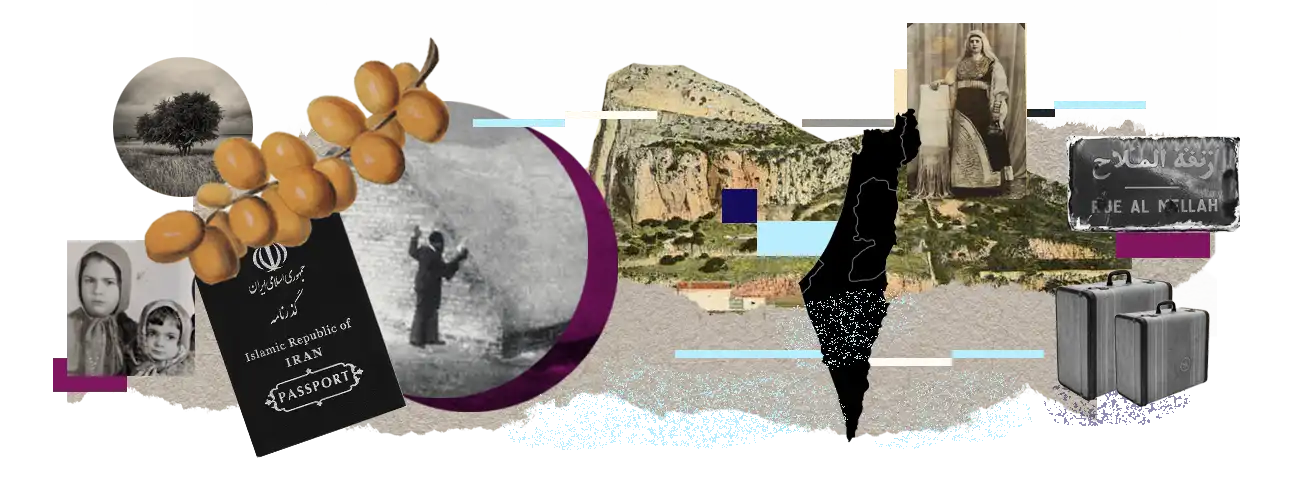For many years, JIMENA staff have started each day by reading news stories about Sephardi and Mizrahi Jewish communities. While much has been published about our histories and identities, oftentimes the perspectives of Sephardi and Mizrahi leaders themselves are missing from conversations on modern issues. Sephardi and Mizrahi leaders’ experiences of Israel, Arab-Jewish relations, Middle Eastern politics, religion, and identity have been largely informed by family and communal histories that are deeply rooted in North Africa, the Middle East, the Mediterranean, and elsewhere across Europe, Asia and the Americas.
As this unique lens is lacking in contemporary discourse, JIMENA has launched Distinctions, a quarterly online journal that shares the ideas and talents of our communities’ diverse scholars, thought leaders, activists, rabbis, and artists on a range of contemporary subjects.
The first theme we explore is one of the most pressing issues of our time — antisemitism. According to the FBI, American Jews account for 2.4% of the U.S. population but are the victims of 63% of religion-motivated hate crimes. Statistics are alarming on the increase of antisemitism in the U.S. In the last few years, Jewish communal agencies and professionals have pivoted in order to address these trends.
And so have we at JIMENA.
Sephardi and Mizrahi women hold many influential leadership positions within the Jewish communal professional workforce, so we decided to devote this inaugural issue of Distinctions to them by elevating the voices of several outstanding women who are fighting antisemitism. The experiences of these women leaders, and of other Sephardi and Mizrahi Jews, can and should play a critical role in helping the larger Jewish community — and society as a whole — understand and address the current rise of antisemitism.



